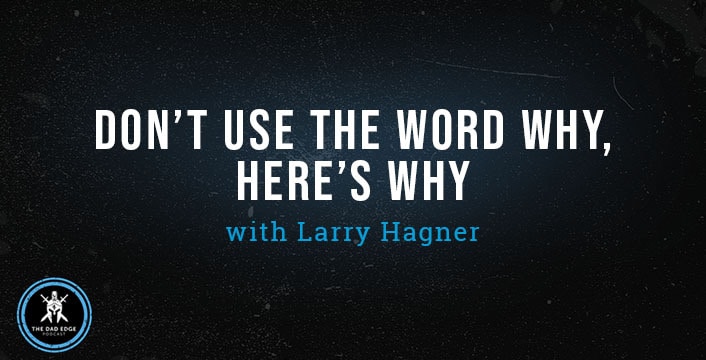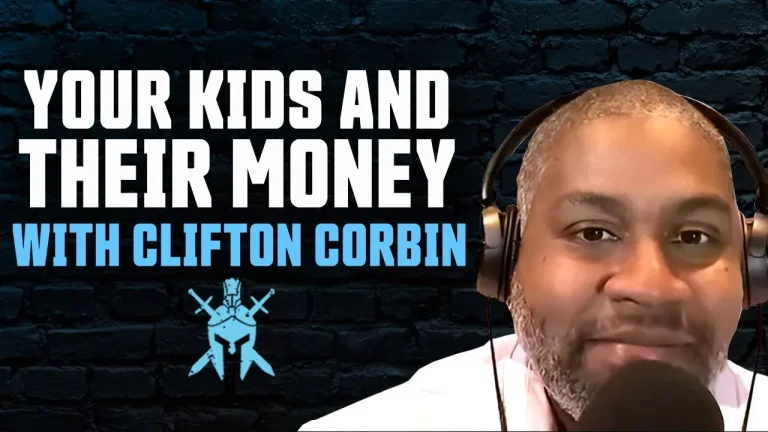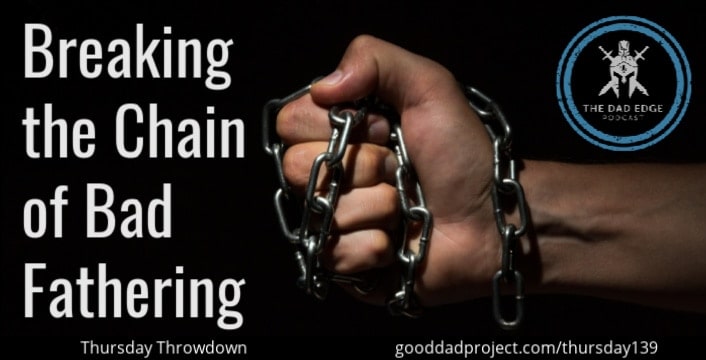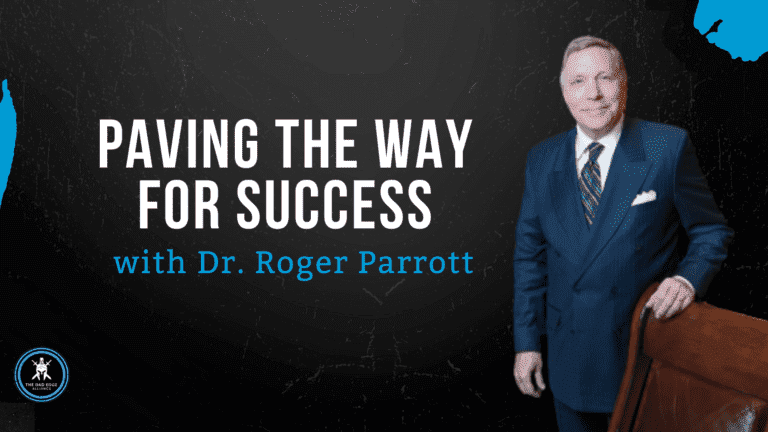Don’t Use the Word Why, Here’s Why with Larry Hagner
Don’t Use the Word Why, Here’s Why with Larry Hagner
The word “why” should be eradicated from our vocabulary for several reasons. First, every time we use the word “why,” we instantly put the person we are talking to on the defense. We don’t necessarily mean to. It sometimes occurs because we are curious why the other person thinks that way, or why someone did something.
The reason we hate hearing the word “why” stems from our childhood. When we were younger, we heard a lot of, “What are you doing? Why are you doing that?,” if you were doing something you weren’t supposed to. The problem with this is that we probably didn’t know it was wrong, and we were immediately thrust into defensive mode. This made us cringe at the word “why” because we associate it with something bad, even though it doesn’t always mean that.
For example, you might have an employee that does something really well, and you want to know why they did that. However, when you ask your employee why they did that, it immediately puts them into a defensive state. Instead of asking them “why,” ask them to tell you about it. They will be much more open to explaining why they did what they did, without being defensive about it.
Another example could be a person asking you why you gave your child their name. They might not be asking in a bad way, but it makes us feel like we named them something wrong. The person might actually be thinking that they’re name is really cool and wants to know the meaning behind it. However, we don’t see it this way when they say the word “why.”
Providing an environment of psychological safety is the number one way to get someone to open up to you. Instead of feeling defensive about something, they will feel invited to communicate why it happened or what they did. For example, if your child gets a bad grade on a test, our immediate response is “why.” This propels them into becoming defensive and coming up with excuses why they got a bad grade. Instead of asking them why, try saying, “tell me about that.” This opens the door for communication and lets your child feel comfortable telling you what went wrong.


RELATED EPISODES:
No Excuses Fatherhood with Wes Watson
Why Finding Your Life’s Purpose Won’t Get You Very Far
Why Perfection is the Enemy of Becoming Better Dad
Leave an iTunes review.
Get a FREE book!
If you’re enjoying the show, leave us an itunes review. If your review is chosen as the iTunes Review-of-the Week, we’ll send you the free book of your choice!
What to do: send an email to [email protected] notifying us about your review, your mailing address, and your choice of a guest book from our Books Page!
Thanks for the support!
CLICK HERE TO LEAVE YOUR REVIEW.
Follow The Dad Edge
Don’t settle for a mediocre life.
Join over 531 men becoming their best selves
in The Dad Edge Alliance.
What did you think of the show?
What was your biggest take away?
Tag us when you share on social media!
#TheDadEdge
Twitter @gooddadprojct
Instagram @thedadedge










